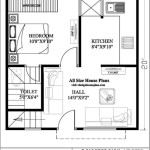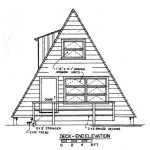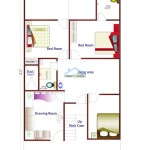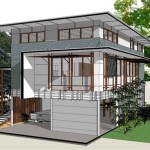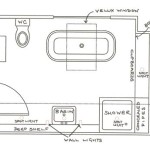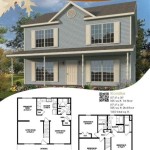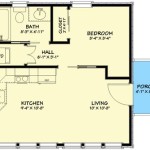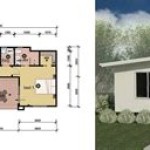Home Plans With A Basement
Incorporating a basement into your home plan offers numerous advantages and can significantly enhance its functionality and value. Here are some key considerations and benefits to keep in mind:
Additional Living Space: A basement provides valuable additional living space that can be customized to suit your specific needs. You can create a comfortable family room, a dedicated home office, a guest suite, a home gym, or a theater room, adding valuable square footage to your home without extending its footprint.
Storage and Utility: Basements are ideal for storage and utility purposes. They offer ample space for seasonal items, bulky belongings, and essential equipment, such as furnaces, water heaters, and electrical panels. This frees up valuable space in the main living areas of your home and keeps them clutter-free.
Increased Resale Value: Homes with basements typically have higher resale value compared to homes without basements. A basement is a desirable feature for many potential buyers, as it offers extra living space, storage, and utility, making your home more attractive in the real estate market.
Cost-Saving Construction: Building a basement during the initial construction of your home can be more cost-effective than adding one later. By excavating and pouring the foundation for the basement simultaneously with the rest of the house, you can avoid additional excavation costs and other expenses associated with retrofitting.
Energy Efficiency: Basements can contribute to the energy efficiency of your home. As they are located below ground, they benefit from natural insulation from the surrounding earth, which helps regulate temperatures and reduce energy consumption.
Structural Stability: A well-constructed basement can enhance the structural stability of your home. The additional foundation walls and footings provide extra support, especially in areas with expansive soils or varying soil conditions.
Design Considerations: When designing a home plan with a basement, several considerations come into play:
- Basement Entrance: Determine the location and type of stairs leading to the basement, ensuring they are functional and convenient.
- Lighting and Ventilation: Ensure adequate lighting and ventilation in the basement to create a comfortable and inviting space.
- Waterproofing and Drainage: Implement proper waterproofing measures to prevent water seepage and ensure a dry basement.
- Egress Windows: Basement bedrooms require egress windows for proper emergency escape and natural light.
- Floor Plan: Plan the basement floor plan carefully to maximize space utilization and ensure efficient flow.
By incorporating a basement into your home plan, you can reap numerous benefits, including additional living space, storage capacity, increased resale value, cost-saving construction, energy efficiency, and enhanced structural stability. Carefully consider the design considerations mentioned above to create a functional, comfortable, and valuable basement that meets your specific needs and enhances the overall enjoyment of your home.

Simple House Floor Plans 3 Bedroom 1 Story With Basement Home Design 1661 Sf Basementdesignflo One New

Stylish And Smart 2 Story House Plans With Basements Houseplans Blog Com

Photos Of Plan 1117 The Clarkson Basement Floor Plans House

How To Plan For A Finished Basement Chiefblog

Hillside House Plan Modern Daylight Home Design With Basement

House Plans With Finished Basement Home Floor

Basement Floor Plans Types Examples Considerations Cedreo

House Plans With Basements Blog Dreamhomesource Com

Walkout Basement House Plans With Photos From Don Gardner Houseplans Blog Com

Small Cottage Plan With Walkout Basement Floor

